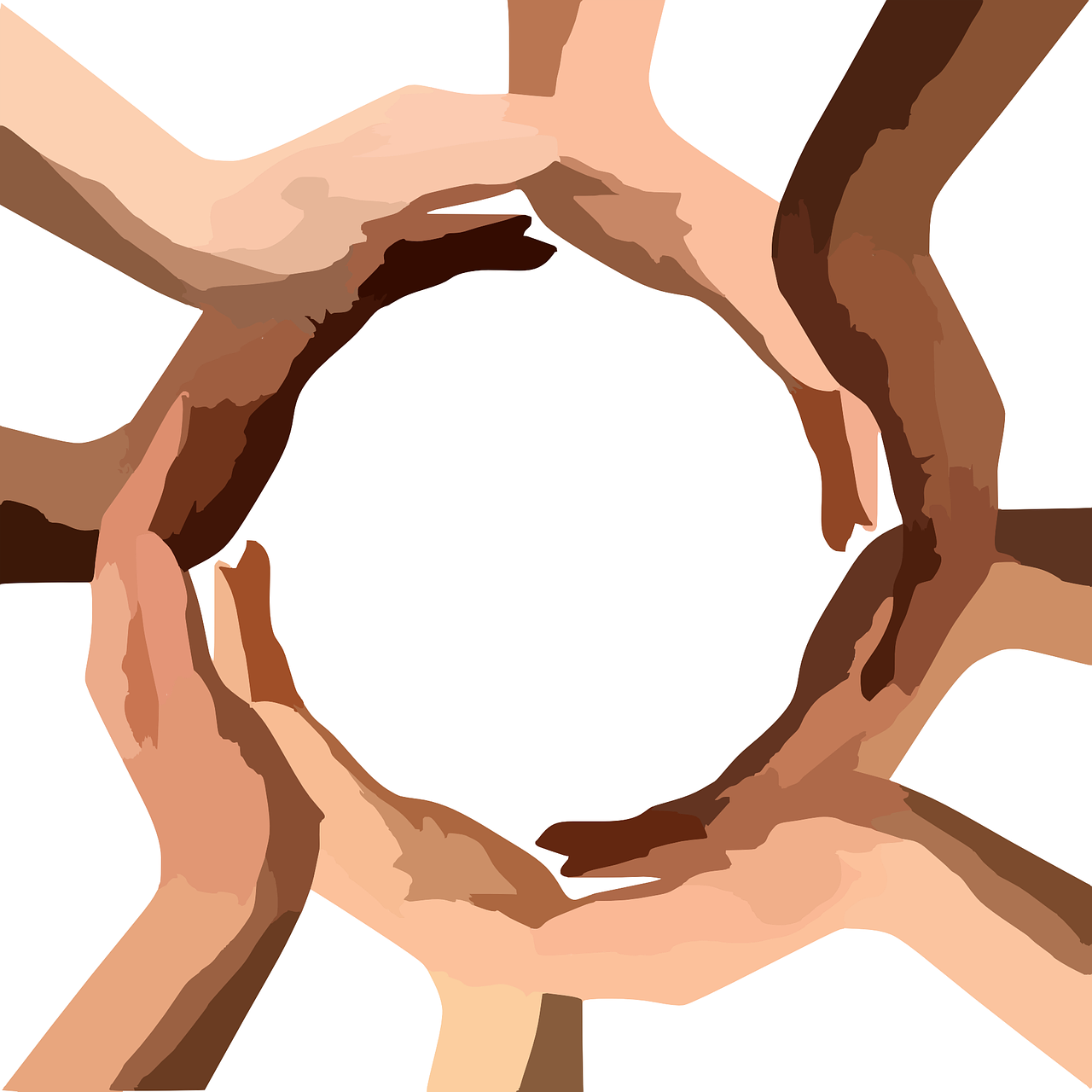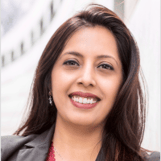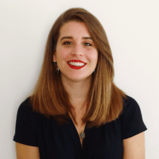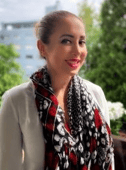#Hyperledger Women Share their Blockchain Journeys – Part II

In celebration of #HyperledgerWomen, we asked some of the many excellent women leaders in our community to share some details about their blockchain journey, including how they got started, what projects get them excited and advice they’ve received or have to share.
Read on for part II of this story where we hear from:
on for part II of this story where we hear from:
Archana Sristy, Sr. Director of Engineering for Blockchain Platforms at Walmart; Hyperledger Governing Board Member

Maria Teresa Nieto Galan, Blockchain Technological Specialist at Telefonica; Hyperledger TSC Member

Maryam Mahjoub, CMO at Soramitsu
How did you get into the innovation/technology space?
Maria Teresa Nieto Galan: “I arrived by chance. When I finished my degree in computer engineering I started working in a company that had just created its Blockchain department. From the first moment I was attracted by this technology and the world of innovation where every day is a new challenge.”
Maryam Mahjoub: “My original passion was for healthcare – but after fainting from trying to cut a squid in my Biology 101 class, I realized I’d never be a doctor. So, I got into marketing, and as the progression of our lives shifted more online, I began focusing more on technology – specifically, healthcare technology. I eventually did my MSc in Healthcare Leadership, focusing on health data management and its impact on health outcomes.”
When and/or how did you first learn about DLT/blockchain?
Archana Srisly: “I first became aware of blockchain from the early Bitcoin days but started digging deeper into Enterprise Blockchains in 2016, when we announced PoC’s to track produce and meat in Walmart’s supply chains in the US & China. It’s been fascinating to learn how this technology can completely transform how companies conduct business.”
Maria Teresa: “I started with Blockchain in the year 2016 with a platform called Eris-DB, now better known as Hyperledger Burrow. Then, I started to create some applications with Ethereum until I met Hyperledger Fabric, the DLT that I use the most in my daily life.”
Maryam: “I entered the world of blockchain in early 2019. It was a fairly easy transition for me to understand the value of blockchain and the opportunities it offers in various industries – this is because in healthcare data management, data privacy, accessibility, and interoperability are all huge topics of concern. Learning the technology behind blockchain protocols, crypto, identity management, etc. took a little bit of time.”
What’s a blockchain project you’ve worked on that got you excited about the technology?
Maria Teresa: “There are two projects with which I had love at first sight. The first is TrustOS, our product in Telefónica. It is a complete Blockchain solution that abstracts all the complexity of blockchain technology and makes it easy to adopt it in any use case. On the other hand, the second is TrustID, a project that we released as an open source in Telefonica under the umbrella of the Hyperledger Labs. It’s aim is to develop a new standard to simplify identity management in blockchain networks regardless of the underlying technology of the networks.”
Maryam: “I think one of the most valuable benefits of blockchain is that it offers inclusion. Over 1.7B people – and over 200M entrepreneurs and businesses – are currently unbanked. Blockchain could be absolutely revolutionary for developing nations, disenfranchised groups, and of course, women. For instance, the Bakong project – developed by Soramitsu on Hyperledger Iroha – was designed to give Cambodians access to online payment management and a digital currency. It formally launched in October 2020, and has already seen over $20mm in transactions by over 50,000 users based at 21 financial institutions. This is a huge first step for a country where nearly 80% of its population is unbanked.”
What’s an entrenched problem you hope blockchain will help solve?
Archana: “My hope is that through transparency, Blockchain will build more Inclusion, create equitable opportunity and access for all in the Digital Economy.”
Maria Teresa: “The world is becoming more and more digital, but trust is increasingly being lost. For example, our personal data is shared without our own control. I think that blockchain can solve this gap in the digital world because this technology adds a trust layer to the operations.”
What advice do you have for women looking to get started in this space OR what was the best advice someone gave you?
Archana: “Pull up a chair, and join the discussion. Go to a local meet up or join open source communities such as Hyperledger to get started. We need diverse representation while building transformational technologies that will shape our future. Stay curious, and own your voice.”
Maria Teresa: “It is becoming increasingly clear that the technological world is going to be very present in our lives in the near future. Blockchain is one of the technologies that will be part of this digital world. Do not be scared if at first it seems complicated, as you learn more and more you will understand more and more things. And, if at any time you find yourself blocked, ask for help, there is a large community behind this technology willing to help and share their knowledge.”
Maryam: “I think the most important thing for women to remember (myself included) is to speak up. From our school years forward, women generally tend to be less vocal with their questions, ideas, and inputs. When I first started out working in a highly technical environment, and not being technical myself, I was a little self-conscious about asking questions out of fear of sounding dumb. But to do my job well, I needed to understand the technical features and nuances of the systems our development teams were building. The number of developers I bribed with good coffee and tasty treats for their time and insights! I learned how to pose my questions to get the answers I needed – and eventually, I got to a stage where I wasn’t just asking for help, but I was providing it as well. I could ask business-driven questions or provide a perspective that our technical team may not necessarily have.”
Help us highlight the role of women in blockchain by tagging others in the community with #HyperledgerWomen.
Sign up for Hyperledger Horizon & /dev/weekly newsletters
By signing up, you acknowledge that your information is subject to The Linux Foundation's Privacy Policy